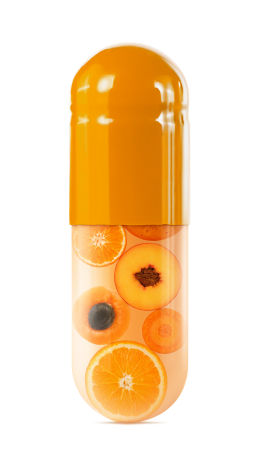Patient Summit USA 2012
The right mix of payer buy-in, patient support, digital engagement and partnerships
Pharma: Prevention really is better than cure
A new European study on lifestyle change indicates that patient care in the future could be focused on prevention, rather than cure of a disease.

This week, research presented at the European Society of Cardiology Congress demonstrated that around 400 cardiac events and 200 deaths could be prevented if Swedish patients followed a healthy lifestyle after undergoing a coronary artery balloon intervention (PCI). This study looked at whether any participants followed advice on the possible benefits of a healthy lifestyle post PCI, monitoring their tobacco usage, physical activity and food intake.
It found that while 50% quit smoking, only 40% of the participants changed their dietary habits and just 31% exercised more after the PCI. Professor Joep Perk states in the study, that if full compliance to lifestyle change is encouraged over the long-term, major health benefits would be realised for the Swedish patients. In addition, there will be less dependency on drug treatment and patients would be empowered to manage their own healthcare.
Obviously, studies showing the benefits of preventative care are not new, however the growth in positive results from such studies may encourage the healthcare industry to think differently.
Patients today expect more than just drugs from pharmaceutical companies. They want an affordable healthcare package for their condition, combined with compliance support. As care becomes more patient-centric, individuals might also be looking at lifestyle changes and preventative rather than reactive medicine to combat diseases.
A good example of this is a study on lowering cholesterol levels conducted by Dr. Victor Montori from Mayo Clinic, which demonstrated if patients were given a choice they would opt for lifestyle changes before taking the Statins drug treatment. The doctors in this study did not trust the patients to make effective changes and so prescribed tablets.
Following the Swedish study, the pharmaceutical industry could develop better lifestyle advice to go with their drug treatment so that doctors can follow this advice in consultations with patients. Doctors could be encouraged to recommend these preventative changes to patients before prescribing a treatment or promote the benefits of a healthy lifestyle themselves as this NHS initiative plans to do.
There are hurdles to overcome, as a Pharma Times report has previously stated, preventative medicine is harder to develop as it is more difficult and costly to calculate the risk of the disease than its frequency. Pharmaceutical companies therefore struggle to identify a specific patient population to develop medicines for, although an advance in screening technologies and nationwide screening programmes would help this part of the industry.
Whilst we wait for these developments, pharmaceutical companies can benefit from the positive results coming out of lifestyle changes studies by building a relationship with study researchers and patients. Through this relationship, drug manufacturers can gradually mould a preventative regime for a disease through collaboration rather than taking charge of all of the costs themselves. It would be easier to build on the follow-up real world patient data gained from an initial research sample than starting a new clinical trial.
There has never been a quick and easy solution to preventative medicine and the pharmaceutical industry need to continue to be game changers. Only by being involved at the forefront of these studies will pharma be in a position to pioneer preventative medicine both for their own future success and for the wellbeing of the patient community.
Patient Summit USA 2012
The right mix of payer buy-in, patient support, digital engagement and partnerships
